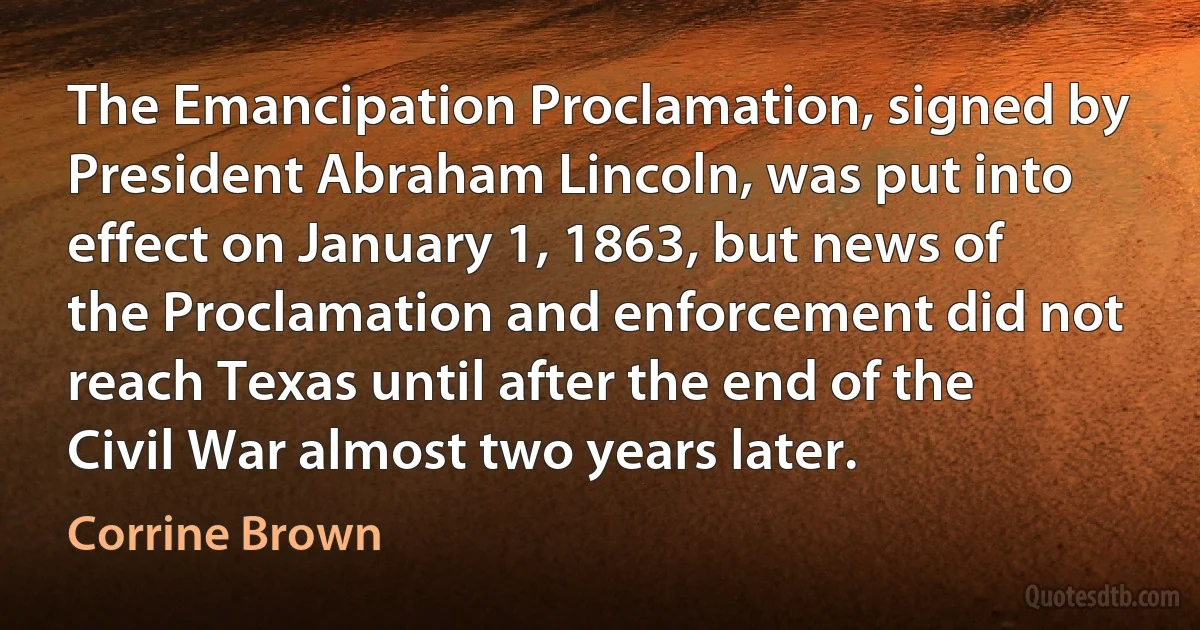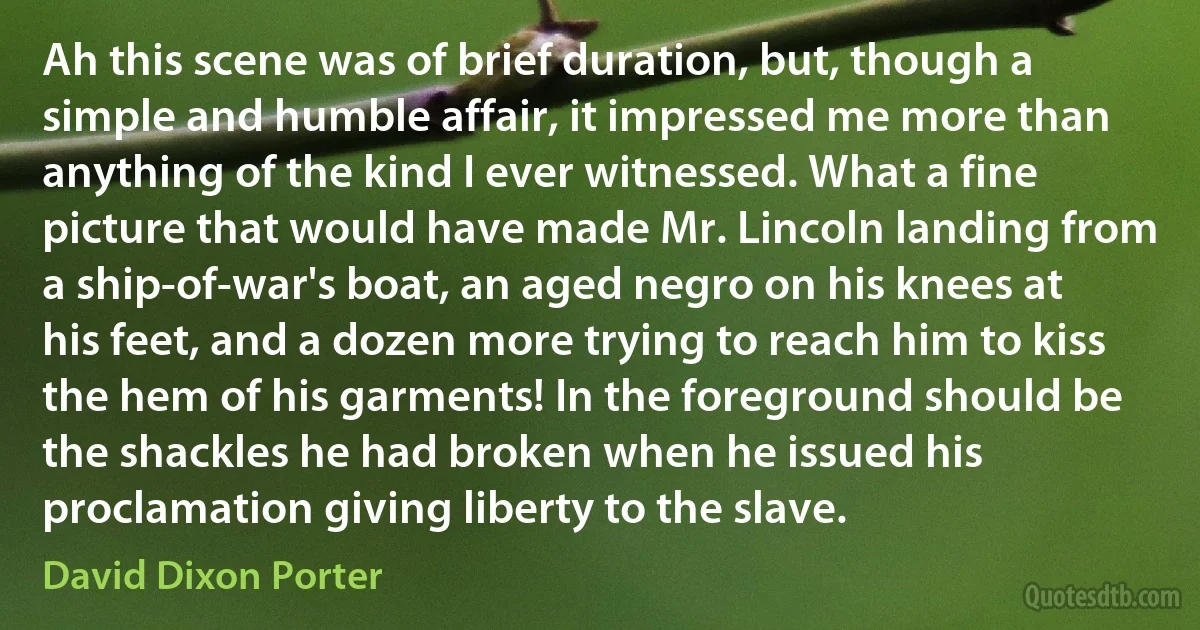Proclamation Quotes
Contemporary Christian proclamation is faced with the question whether, when it demands faith from men and women, it expects them to acknowledge this mythical world picture from the past. If this is impossible, it has to face the question whether the New Testament proclamation has a truth that is independent of the mythical world picture, in which case it would be the task of theology to demythologize the Christian proclamation.

Rudolf Bultmann
When [ Abraham ] the "Pillar of the World" appeared, he became convinced that there is a spiritual Divine Being, which is not a body, nor a force residing in a body, but is the author of the spheres and the stars; and he saw the absurdity of the tales in which he had been brought up. He therefore began to attack the belief of the Sabeans, to expose the falsehood of their opinions, and to proclaim publicly in opposition to them, "the name of the Lord, the God of the Universe" (Gen. xxi. 33), which proclamation included at the same time the Existence of God, and the Creation of the Universe by God.

Maimonides
Now, just think about this for a moment: For generations, in many parts of this country, it was illegal for black people to get an education. Slaves caught reading or writing could be beaten to within an inch of their lives. Anyone - black or white - who dared to teach them could be fined or thrown into jail. And yet, just two years after the Emancipation Proclamation was signed, this school was founded not just to educate African Americans, but to teach them how to educate others. It was in many ways an act of defiance, an eloquent rebuttal to the idea that black people couldn't or shouldn't be educated. And since then, generations of students from all backgrounds have come to this school to be challenged, inspired and empowered. And they have gone on to become leaders here in Maryland and across this country, running businesses, educating young people, leading the high-tech industries that will power our economy for decades to come.

Michelle Obama
There is something for which Lincoln should be applauded, I believe. And it is that he was shrewd enough to know that the only hope of winning the Civil War resided in creating the opportunity to fight for their own freedom, and that was the significance of the Emancipation Proclamation.

Angela Davis
Diogenes the cynic, seeing one of the so-called freedmen pluming himself, while many heartily congratulated him, marveled at the absence of reason and discernment. "A man might as well,” he said, "proclaim that one of his servants became a grammarian, a geometrician, or musician, when he has no idea whatever of the art.” For as the proclamation cannot make them men of knowledge, so neither can it make them free.

Philo
Just heard Gen. White's proclamation that we "have Russia zeroed in from all directions." I am waiting now for Vannevar Bush and Ed Teller to announce that our new supersensitive radar picked up a rash of heart tremors from the direction of the USSR, immediately after White's remarkably insignificant statement, I could almost hear Karl Marx laughing in his tomb.

Hunter S. Thompson
Well may we say "God save the Queen", because nothing will save the Governor-General! The Proclamation which you have just heard read by the Governor-General's Official Secretary was countersigned "Malcolm Fraser," who will undoubtedly go down in Australian history from Remembrance Day 1975 as Kerr's cur. They won't silence the outskirts of Parliament House, even if the inside has been silenced for the next few weeks ... Maintain your rage and enthusiasm for the campaign for the election now to be held and until polling day.

Gough Whitlam
It is unusual to notify the two Houses of Congress by message of the promulgation, by proclamation of the Secretary of State, of the ratification of a constitutional amendment. In view, however, of the vast importance of the fifteenth amendment to the Constitution, this day declared a part of that revered instrument, I deem a departure from the usual custom justifiable.

Ulysses S. Grant
It was impossible to keep up the great movement of inner and outer freedom initiated by Jesus. The proclamation "You are free through the Holy Spirit,” and Paul's statement, "Everything is lawful,” were fine for a small, elite group in which everyone knew everyone else. But when it was a matter of thousands of new converts whose depth of faith could not be known, how could they be told that they were completely free to choose their way of life and decide their own conduct? They had to be incorporated and put under the authority of a head of each group, and the more numerous they became, the more sacred and complex this authority had to be. ... The glorious freedom that is in Christ could not be tolerated. It was replaced by clear and strict commandments.

Jacques Ellul
Mr. President, as I close, Mr. President, I heard you say Friday that you had questions for voters, particularly African- American voters. And you asked the question: Did the Democratic Party take us for granted? Well, I have raised questions. But let me answer your question. You said the Republican Party was the party of Lincoln and Frederick Douglass. It is true that Mr. Lincoln signed the Emancipation Proclamation, after which there was a commitment to give 40 acres and a mule. That's where the argument, to this day, of reparations starts. We never got the 40 acres. We went all the way to Herbert Hoover, and we never got the 40 acres. We didn't get the mule. So we decided we'd ride this donkey as far as it would take us.

Al Sharpton
If it doesn't take senators and congressmen and presidential proclamations to give freedom to the white man, it is not necessary for legislation or proclamation or Supreme Court decisions to give freedom to the Black man. You let that white man know, if this is a country of freedom, let it be a country of freedom; and if it's not a country of freedom, change it.

Malcolm X
The condemned man found himself transformed into a hero by the sheer extend of his widely advertised crimes, and sometimes the affirmation of his belated repentance. Against the law, against the rich, the powerful, the magistrates, the constabulary or the watch, against taxes and their collectors, he appeared to have waged a struggle with which one all too easily identified. The proclamation of these crimes blew up to epic proportions the tiny struggle that passed unperceived in everyday life. If the condemned man was shown to be repentant, accepting the verdict, asking both God and man for forgiveness for his crimes, it was as if he had come through some process of purification: he died, in his own way, like a saint.

Michel Foucault
Diogenes the cynic, seeing one of the so-called freedmen pluming himself, while many heartily congratulated him, marveled at the absence of reason and discernment. "A man might as well,” he said, "proclaim that one of his servants became a grammarian, a geometrician, or musician, when he has no idea whatever of the art.” For as the proclamation cannot make them men of knowledge, so neither can it make them free.

Diogenes of Sinope



